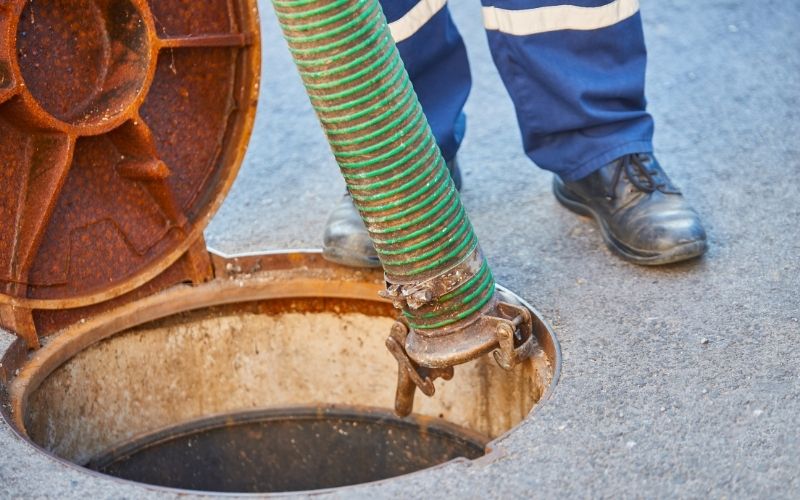Top Septic Tank Issues in Miami FL and How to Prevent Them

For homeowners with a septic system, keeping it in good shape is essential, but septic tanks can sometimes develop problems that aren’t always easy to notice. Catching issues early can save time, money, and the inconvenience of a full system failure. Let’s take a look at some of the most common septic tank issues and when it might be time to call for septic tank repair in Miami, FL.
1. Clogged Drains and Slow Flushing
One of the earliest signs that something isn’t right with your septic system is when your drains are slow to empty or when toilets don’t flush as efficiently. Often, this happens because of a buildup of solid waste in the tank, which eventually blocks the pipes and prevents water from flowing freely. Regular septic pumping and using water wisely in the home can help prevent this issue. However, if slow drains become frequent, it might be time for professional septic tank repair.
2. Foul Odors Indoors and Outdoors
A strong, unpleasant odor coming from your drains, yard, or around the area where the septic tank is buried usually signals that something’s wrong. This smell often comes from gases escaping due to poor ventilation or a full septic tank. If the tank hasn’t been pumped in a while, it could be overflowing, which requires immediate attention. Septic gases are not only unpleasant but also potentially harmful, so addressing this quickly can help maintain a safe, odor-free environment around your home.
3. Pooling Water or Soggy Ground Near the Drain Field
If you notice water pooling or the ground feels consistently soggy near the drain field, it’s often a red flag. This can happen when the drain field is overloaded, often due to a full tank or clogs that prevent wastewater from flowing into the soil properly. Over time, the bacteria in the drain field work to break down waste, but if they’re overwhelmed, the excess water will start to pool. This could mean the drain field needs maintenance or that the septic tank needs pumping.
4. Backups in Toilets or Drains
When a septic system is struggling, wastewater can back up into the home, affecting toilets, sinks, and even showers. Backups are usually the result of blockages or an overly full tank. When this happens, it’s best to stop using water until a professional can inspect the system. Continuing to use plumbing could worsen the issue and lead to more severe backups, which can be costly to repair.
5. Lush, Green Grass Over the Drain Field
While it may sound surprising, lush patches of grass over your septic drain field can signal a problem. When a septic tank isn’t functioning correctly, extra wastewater might seep into the surrounding soil, providing nutrients that cause grass to grow greener and more vigorously. This may seem like a benefit at first, but it usually indicates the system is leaking, which can lead to larger issues if not repaired.
6. Excessive Water Usage Leading to Overload
In homes with large families or frequent visitors, septic tanks can easily become overloaded. The increased water flow can push the system beyond its capacity, resulting in issues like slow drains, backups, and even drain field flooding. To avoid this, be mindful of water usage—spacing out showers, laundry loads, and other high-water activities can help prevent overloads. If overload is a common issue, you may want to explore options for a larger tank or consider regular maintenance to help keep the system in balance.
Why Routine Maintenance Matters
Routine maintenance, like pumping every three to five years, can make a big difference in the longevity and efficiency of your septic tank. Professionals can also inspect the system for early signs of trouble, potentially saving you from a costly repair or replacement. In Miami, FL, where the soil and climate can add extra strain on septic systems, regular upkeep can help ensure your tank stays in good shape for years to come.
When to Call a Professional
If you’re noticing any of these problems, especially backups, foul odors, or soggy ground around the drain field, it’s best to call a septic repair service. Delaying repairs can lead to bigger, more expensive problems, and a professional can assess the exact issue and provide targeted repairs. In Miami, septic tank repair specialists can quickly diagnose and fix these problems, so your system runs smoothly again.
Bottom Line: Septic systems are designed to handle wastewater effectively, but issues can crop up, especially without regular maintenance. By catching the signs early and knowing when to call for septic tank repair in Miami, FL, you can avoid the hassle and expense of more severe problems.